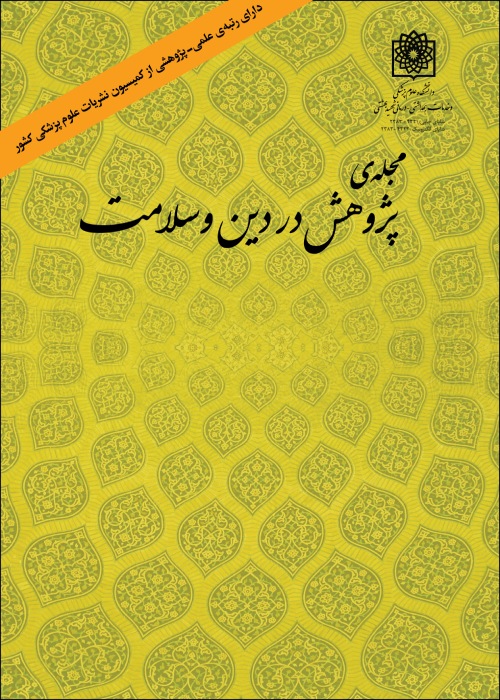The Self-control Model of Shiite Youth with a Grounded Theory Approach
Self-control plays a significant role in physical and spiritual health. Studies have shown that spiritual attitudes and religious teachings play a role in promoting self-control. The purpose of this study was to determine the components of self-control construct in Shiite youth.
Based on the purpose of the study, i.e. determining the self-control construct, and based on criterion-oriented studies in this regard, in the present study, qualitative approach was applied with grounded theory method for collecting data. The participants were 32 youths whose self-control was evaluated using a semi-structured interview. In this study, all the ethical considerations were observed and no conflict of interest was reported by the authors.
The findings of this study showed that self-control construct in Shiite youth has four main components and fourteen subcomponents: 1) Attitude (belief in the benefits of avoidance, belief in harms of committing, attention to the emotions involved in the problem, problem solving, self-esteem); 2) self-motivation ability (the benefits of avoiding, paying attention to the damage done, paying attention to the emotions involved in the problem, and positive self-assertion); 3) the ability to control oneself and the environment (the ability to control attention, the ability to control impulse, the ability to control the environment, the active conditioning, socializing with good friends); and 4) adaptability, self-awareness, problem solving ability, flexibility, acceptance of excitement and behavior management, secondary positive evaluation.
By comparing the results of the presents study with the text-based studies such as the one by Rafi’ee Honar, who considers the self-control construct as self-monitoring, target recognition, motivation, excitement control, cognitive control and persistent control, it can be found that the model developed in the present study makes the psychological self-control constructs more clear and, consequently, provides a more appropriate ground for developing self-control scales of the Shiite youth and appropriate psychological training programs for promoting self-control.For downloading the full-text of this article please click here.
- حق عضویت دریافتی صرف حمایت از نشریات عضو و نگهداری، تکمیل و توسعه مگیران میشود.
- پرداخت حق اشتراک و دانلود مقالات اجازه بازنشر آن در سایر رسانههای چاپی و دیجیتال را به کاربر نمیدهد.



